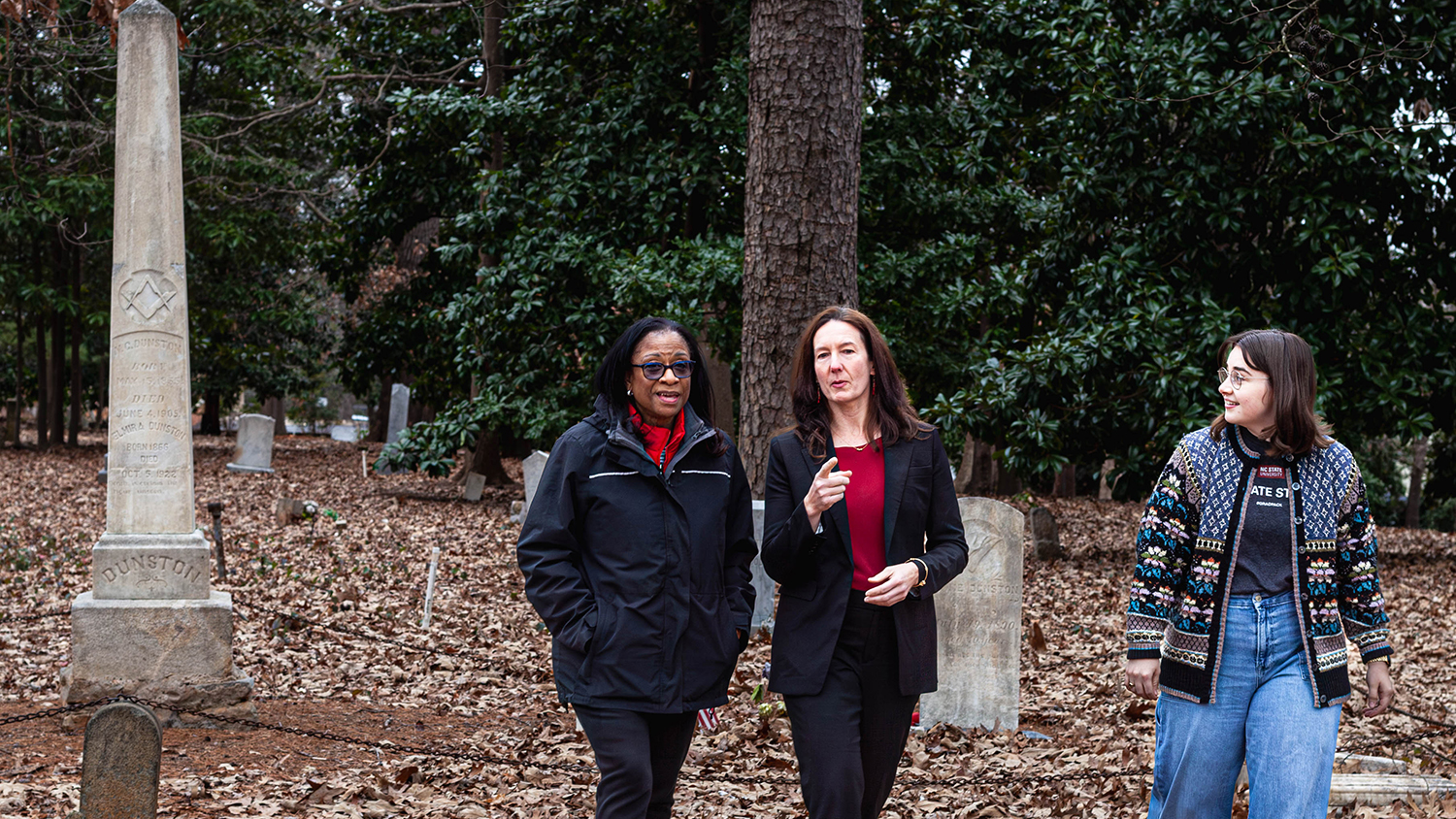Psychology Professor Adam Meade recently made waves by inventing a personality test that is both faster to take and much harder to manipulate by those attempting to control the outcome.
With the help of the Office of Research Commercialization, Meade has launched a startup company called PerSight Assessments to market the test for use by employers and recently won two national awards from the Society for Industrial and Organizational Psychology.
Receiving the Joyce and Robert Hogan Award for Personality and Work Performance, and the Jeanneret Award for Excellence in the Study of Individual or Group Assessment, was “especially rewarding,” Meade says, because of the time and effort it took to develop the test.
Read on to learn more about Meade, the impact of his invention and his vision for the future.
What inspired you to create the new personality test?
Personality has a really strong theoretical link to performance in the workplace, but in practice, it rarely lives up to that promise. I suspected that the way we assess personality might be one of the problems facing personality tests. Most tests are easy to fake (essentially pretend you are a person you are not). Most are also not very innovative and essentially took the surveys that we’ve been using to measure personality since the 1940s and put them onto the internet. I wanted to try to use current technology in an innovative way to improve how we do things.
What sorts of organizations use the test, and for what purposes?
Non-clinical personality assessments are commonly used to screen job applicants for all types of organizations. Personality gets at people’s behavioral tendencies which matters for most, if not all, jobs so it’s applicable for nearly all organizations. Also, personality assessment is a common part of leadership development plans for organizational leaders. For instance, a personality assessment maps someone’s inclinations for how to respond to a given scenario. Then, training and coaching can be built around that to teach people how to realize when their gut reaction might not be the best.
How did your company, PerSight, come to be?
I worked closely with NC State’s Office of Research Commercialization. They provided me with some startup funds to get an early prototype together, and from there I have been incrementally building a business around the assessment.
How did it feel to learn that your research had earned two big awards?
It was really rewarding. To build a brand new assessment, I had to learn multiple computer programming languages, all sorts of principles of software architecture, web design, dozens of tools and packages, server configurations, and many, many other things that are not common for a psychologist to know (and for which we have no formal training). It took a lot of time away from other activities to build this knowledge and these skills so it was especially rewarding.
What are your hopes for the future?
While we are growing, it’s a difficult journey, and I’ve also had to learn a lot about entrepreneurism. I’d love to see the company grow, develop new products and eventually be used widely in organizations.
This post was originally published in NC State News.
- Categories:



